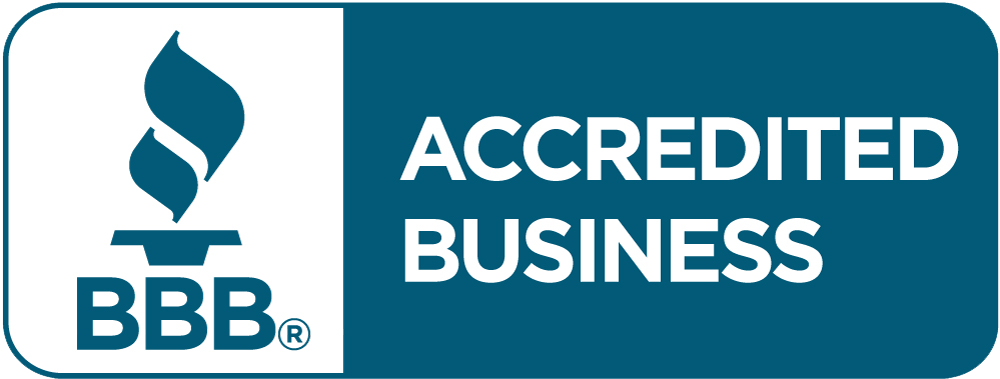The internet is a vast space, and while much of it is visible and accessible through search engines, a hidden layer exists—the Dark Web. This shadowy part of the internet is where cybercriminals buy, sell, and trade stolen data, including business credentials, employee information, and customer records. If your company's data has been compromised, hackers may already know more about your business than you think.
What is the Dark Web?
The Dark Web is an encrypted network that is not indexed by traditional search engines. While not all activity on the Dark Web is illegal, it has become a hub for cybercriminals who engage in illicit transactions, including selling stolen business credentials, financial data, and personal information. Unlike the surface web that most people use daily, the Dark Web requires specialized browsers to access, making it a haven for anonymity and illegal activities.
How Do Hackers Get Your Business Information?
Hackers use various tactics to steal and expose business data, including:
- Phishing Attacks -- Fraudulent emails trick employees into revealing sensitive information.
- Data Breaches -- Major breaches from third-party vendors can expose company credentials.
- Weak Passwords -- Simple or reused passwords make it easy for hackers to gain unauthorized access.
- Insider Threats -- Employees with malicious intent or poor security habits can leak company data.
- Malware & Ransomware -- Malicious software infects systems and exfiltrates sensitive data.
- Social Engineering Attacks -- Cybercriminals manipulate employees into divulging confidential information.
- Publicly Available Information -- Business data found on social media and company websites can be used against you.
What Information Do Hackers Have on Your Business?
If your business data has been leaked on the Dark Web, hackers could have access to:
- Employee login credentials (usernames and passwords)
- Financial records and payment details
- Customer and client information
- Proprietary business documents
- Email addresses used for phishing attacks
- Personal Identifiable Information (PII) of employees
- Intellectual property and trade secrets
With this information, cybercriminals can launch ransomware attacks, business email compromise (BEC) scams, or even identity theft that can damage your company's reputation and financial stability. In some cases, hackers sell this information on Dark Web marketplaces, making it accessible to a wide network of cybercriminals.
How Can You Protect Your Business from Dark Web Threats?
The best defense against Dark Web threats is a proactive security strategy. Here are some essential steps:
1. Monitor the Dark Web
Regularly scanning the Dark Web for compromised credentials can alert you before hackers exploit them. With specialized tools, businesses can detect when their data has been leaked and take immediate action.
2. Enforce Strong Password Policies
Use complex, unique passwords and implement multi-factor authentication (MFA) to secure accounts. A password manager can help employees maintain strong credentials without the risk of reusing passwords across multiple accounts.
3. Train Employees on Cybersecurity Best Practices
Educate employees on identifying phishing scams and handling sensitive data securely. Regular security awareness training can help prevent human errors that lead to breaches.
4. Update & Patch Systems Regularly
Outdated software and systems are prime targets for cybercriminals. Keeping all devices, applications, and network systems updated ensures that known vulnerabilities are patched.
5. Invest in Managed IT Security Services
A managed IT security provider like TotalBC can help safeguard your business with advanced monitoring and protection strategies. Cybersecurity experts can continuously monitor your network for suspicious activity and take preventive actions against threats.
6. Restrict Access to Sensitive Information
Not all employees need access to critical company data. Implementing role-based access controls (RBAC) ensures that sensitive information is only accessible to those who need it for their jobs.
7. Develop an Incident Response Plan
Being prepared for a data breach or cyberattack is crucial. A well-documented incident response plan can help your business react quickly, mitigate damages, and recover faster in the event of a security incident.
Get a Free Dark Web Scan from TotalBC
Do you know if your business credentials are floating around on the Dark Web? Find out before hackers use them against you!
TotalBC offers a FREE Dark Web Scan to help you identify if your business data has been exposed. Don't wait until it's too late—protect your company now.
Our cybersecurity experts will check for compromised credentials and provide you with actionable steps to secure your business. Don't let hackers have the upper hand—stay ahead of cyber threats with proactive monitoring and expert security solutions.
Contact TotalBC today at 866-673-8682 or schedule your free Dark Web scan and strengthen your business security.



